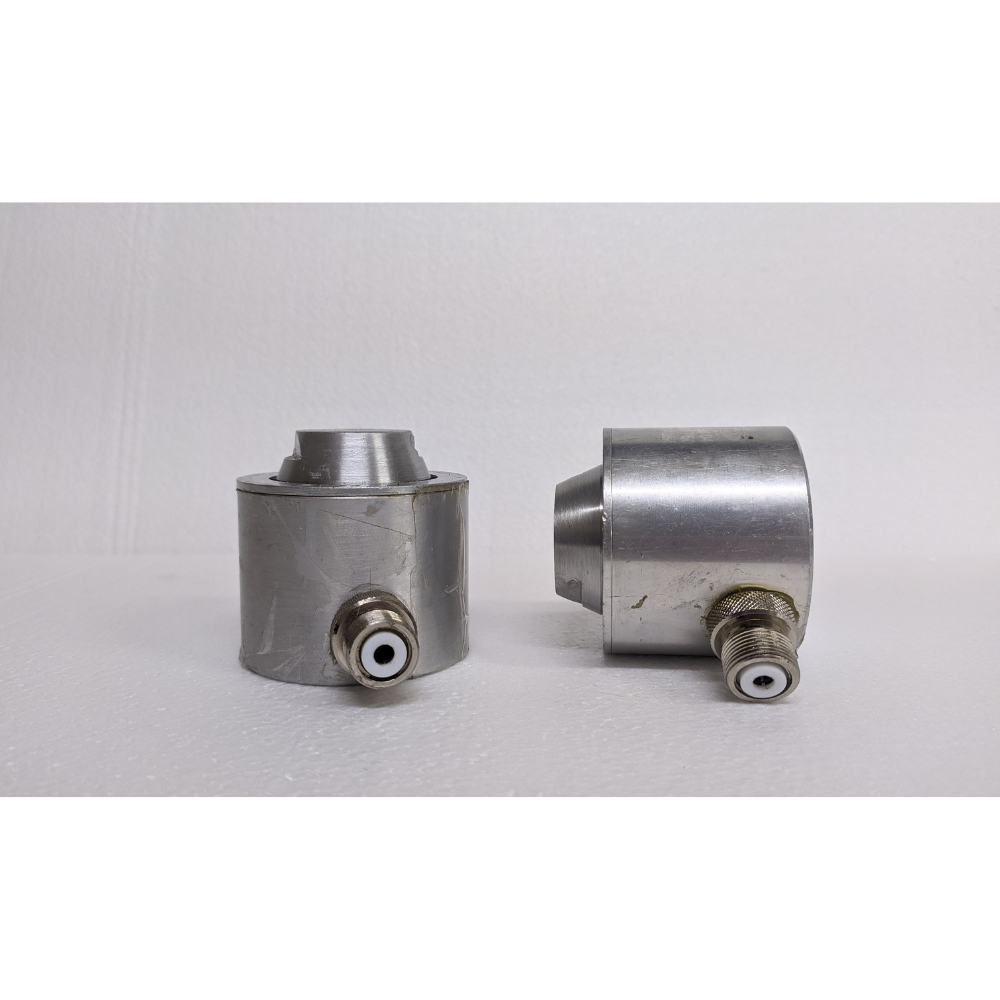
A typical ultrasonic transducer is a device operational as a sound-based sensor. It involves sending electrical signals to an object and on completion of the signal it reverts. It is an essential component for several ultrasonic processes. It is critical to various applications and works on the basic vibration theory. They are controlled and characterized for all models.
RTUL designs ultrasonic transducers that create a vibrational range above human hearing. Being experts in understanding the techniques and applications, our models start from a frequency range of 20 kHz. They measure distant applications.
This post puts the spotlight on a transducer’s working principle to achieve the frequency and usability of an application.
Understanding the working principle
- Application of electric signal
Vibration in a frequency zone
Generation of sound wave
- Process
Sound wave reflects obstacles in the form of echo
Echo converts into an electrical signal
- Calculation of time interval
Ultrasonic pulse travels at rate of 40 kHz
They supress background interference
Importance of frequency
Hertz being the frequency unit of measure, is related to the number of waves (or signals) that can be seen in a fixed period. The range can move from low to high as the case may be for an application or process.
| Very Low Frequencies (VLF) | 3 to 30 kHz | |
| Low Frequencies (LF) | 30 kHz to 300 kHz | |
| Medium Frequencies (MF) | 300 to 3000 kHz | |
| High Frequencies (HF) | 3 MHz to 30 MHz | |
| Very High Frequencies (VHF) | 30 MHz to 300 MHz | |
| Ultra | High Frequencies (UHF) | 300 MHz to 3000 MHz |
| Super High Frequencies (SHF) | 3 GHz to 30 GHz | |
| Extremely High Frequencies (EHF) | 30 GHz to 300 GHz |
Highlights of RTUG ultrasonic transducers
A well-designed transducer will be suitable for all applications. Our expertise lies in creating sets that provide the optimal parameters like the generation of sound waves and electrical convergence. The uniqueness of our product lies in the dual damping concept which is featured for each transducer.
Our devices are fitted with the best materials and work better than the infrared sensors. There is no effect of smoke or any other kind of material. The distance is measured by the time difference between the sending and receiving of sound waves. The sonic speed is measured in this manner.
Materials, fabrication, and various series (models) are available to cover many applications. Lab testing is essential to ensure that the materials used meet the standards required for the process to be 100% operational.
Types of transducers
We understand that just one type of transducer is not sufficient if there are different applications. We offer distinct models to meet a large range of requirements. The types you can choose are based on the frequency, footprint, or piezoelectrical crystal arrangement. The models include:
- Standard design with curvy piezoelectrical crystal arrangement.
- Linear alignment of piezoelectrical crystal.
- The phased manner with a lesser footprint and low frequency.
Applications
Primary usages are in industrial fields and the medical sector. Usage of advanced tools for diagnosis, surgical devices, and checkups, the transducers are effective. In industrial areas, they serve the purpose of measuring distances. Accuracy helps in preventing collisions. They are also useful for production line management, control of liquid levels, and detecting wire breaks.
Knowing the basic vibration theory and types of designs can enable you to choose the right ultrasonic transducers.
If you are interested choose from W-series, K-series, P-series, and N-series probes of ultrasonic transducers. We can connect and understand your needs. Our team looks forward to queries for all non-destructive testing needs.
.png)
.png)
.png)